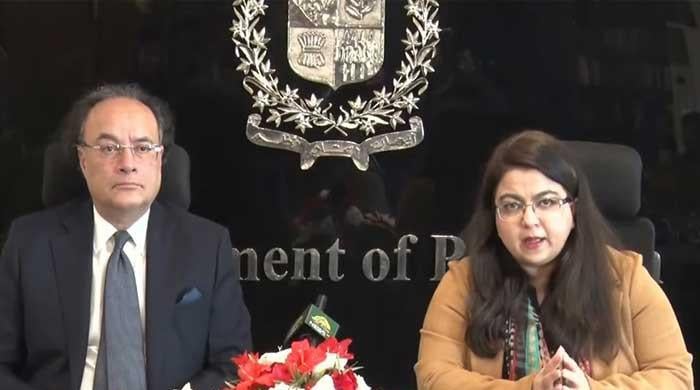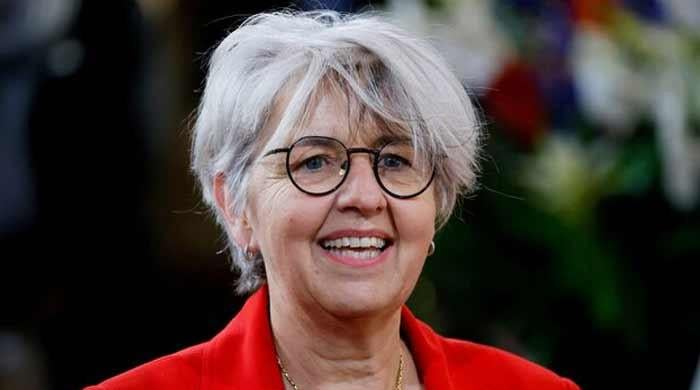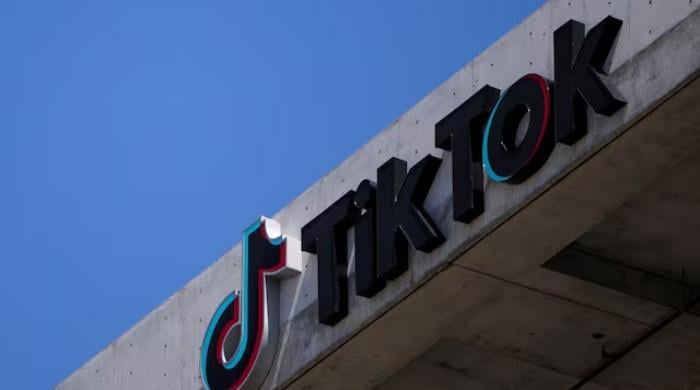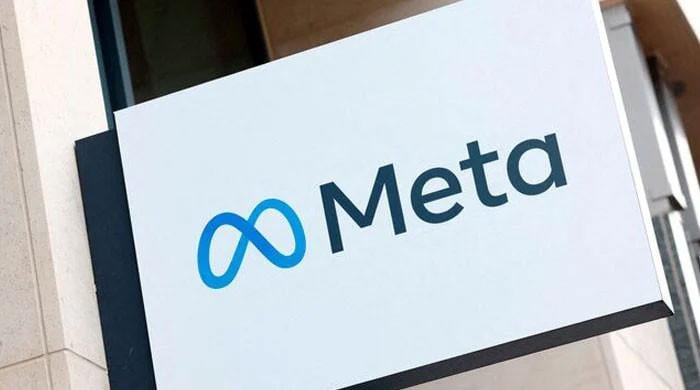Europe aims to solidify itself in space exploration through 'Explore 2024' initiative
Plans for extensive space program are not yet finalised and are currently under discussion
October 28, 2024

The European Space Agency (ESA) is aiming to solidify Europe’s position in space exploration through its “Explore 2040” initiative.
"We have a process with our Member States called Explore 2040, which is a perspective at the horizon of 2040 and where Europe can go," Space.com quoted Director of human and robotic exploration at ESA Daniel Neuenschwander as saying.
Neuenschwander says that the agency wants to “increase the pace and how we conduct programs” this includes speeding up the process of innovation and developing transportation means and infrastructure for exploration.
"We want to bring Europeans around the moon and on the surface of the moon […] And then the horizon goal is, of course, to bring humans to Mars," Neuenschwander said.
Plans for the extensive space program are not yet finalised and are currently under discussion.
For the moon, Europe is already aiding Nasa’s Orion spacecraft with the European Service Module, meaning that the ESA will nonetheless be flying to the moon.
For the ESA, the next stage will be improving landing capabilities and for this, the space agency is working on Argonaut, landers used for putting cargo on the natural satellite.
ESA is developing Argonaut in partnership with Airbus.
Meanwhile, ESA plans to work with the LightShip program for Mars mission to establish a communication and navigation network around the neighbouring planet of Earth.
Additionally, ESA is starting the Moonlight program to establish navigation and communication services around the moon.
By observing the outcomes of the 2025 ministerial summit, the ESA will be commissioning several lunar missions.
ESA is also looking to launch the long-awaited Rosalind Franklin rover for Mars as part of the Explore 2024 programme.









